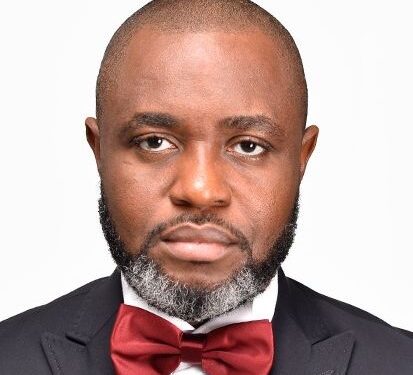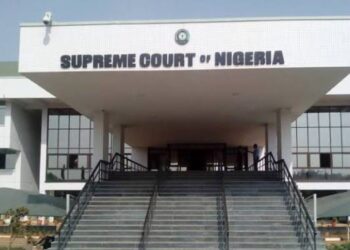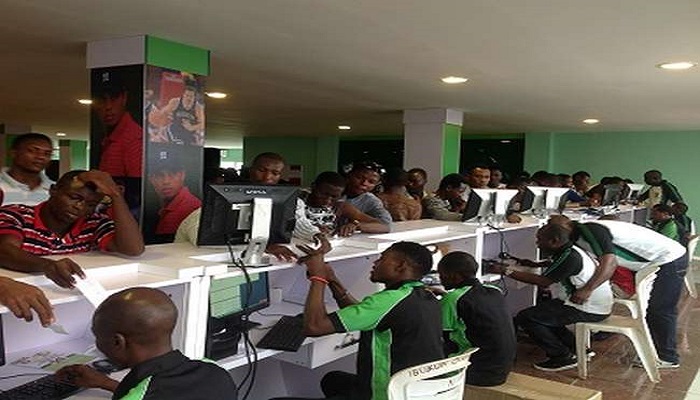The Director-General of the Cross River State Lotteries and Gaming Agency, Mr. Michael Eja, has projected that the newly introduced reciprocity licensing framework of the Federation of State Gaming Regulators of Nigeria (FSGRN) will significantly expand revenue streams for state governments while boosting investor confidence in Nigeria’s gaming sector.
Speaking with journalists in Lagos, Eja explained that the federation, which currently has 25 member states, designed the reciprocity system to remove duplication of licensing requirements, improve regulatory efficiency, and foster a unified investment climate for operators.
According to Eja, the new framework requires that any license issued must be jointly endorsed by all member states.
This allows gaming operators to run businesses seamlessly across the federation without applying for multiple licenses in different jurisdictions.
He noted that the revenue-sharing arrangement ensures that all states benefit financially while still retaining their powers of regulation, monitoring, and enforcement under state laws.
“The real innovation here is in the revenue model.
“By harmonising licensing and sharing revenues, states will see a measurable increase in internally generated revenue (IGR) while providing clarity and certainty to investors,” Eja stated.
Gaming revenue potential
The Cross River DG said the framework has the potential to transform the gaming sector into a multi-billion-naira revenue source for sub-national governments, given the industry’s rapid growth and strong investor appetite.
- He urged state governors, attorneys-general, and lawmakers at both the state and federal levels to give their full support, stressing that the initiative could position Nigeria as one of Africa’s leading regulated gaming markets.
- Eja called on banks, telecommunications companies, and food & beverage firms planning promotional campaigns during the festive period in Cross River State to obtain the necessary license from the Agency before commencing such activities.
“This measure is to guarantee proper regulation, safeguard consumer interests, and prevent avoidable litigation,” he said
What you should know
Until recently, the rules around gaming (lotteries, sports betting, casinos, etc.) in Nigeria were not well defined. Different states had different licensing rules.
An operator who wanted to run in many states had to apply separately in each state. That meant more fees, more paperwork, more waiting.
For instance, obtaining a licence from the National Lottery Regulatory Commission (NLRC) was insufficient to operate or carry on gaming or lottery business in Lagos State without obtaining a corresponding licence from the Lagos State Government under the provisions of the Lagos State Lotteries and Gaming Authority Law 2021.
Section 33(3) of the 2021 Law prohibits any person from operating or conducting any game of chance in Lagos State without obtaining a licence or authorisation from the Lagos State Lotteries and Gaming Authority.
- In November 2024, the Supreme Court ruled that the National Lottery Regulatory Commission (NLRC) no longer has the power to regulate lotteries and gaming across Nigeria, restricting its application to the Federal Capital Territory and granting states the authority to regulate lotteries.
- To bring order to the chaos that followed, about 25 states came together to form the Federation of State Gaming Regulators of Nigeria (FSGRN). Their goal was to work together to create a system that is fair, clear, and simple.
- The FSGRN launched the Subnational Reciprocity Licensing Framework, introducing a single license called the “Universal Reciprocity Certificate (URC).” Instead of applying separately in each state, a gaming operator needs just one URC that works across all states that are part of the FSGRN.






















